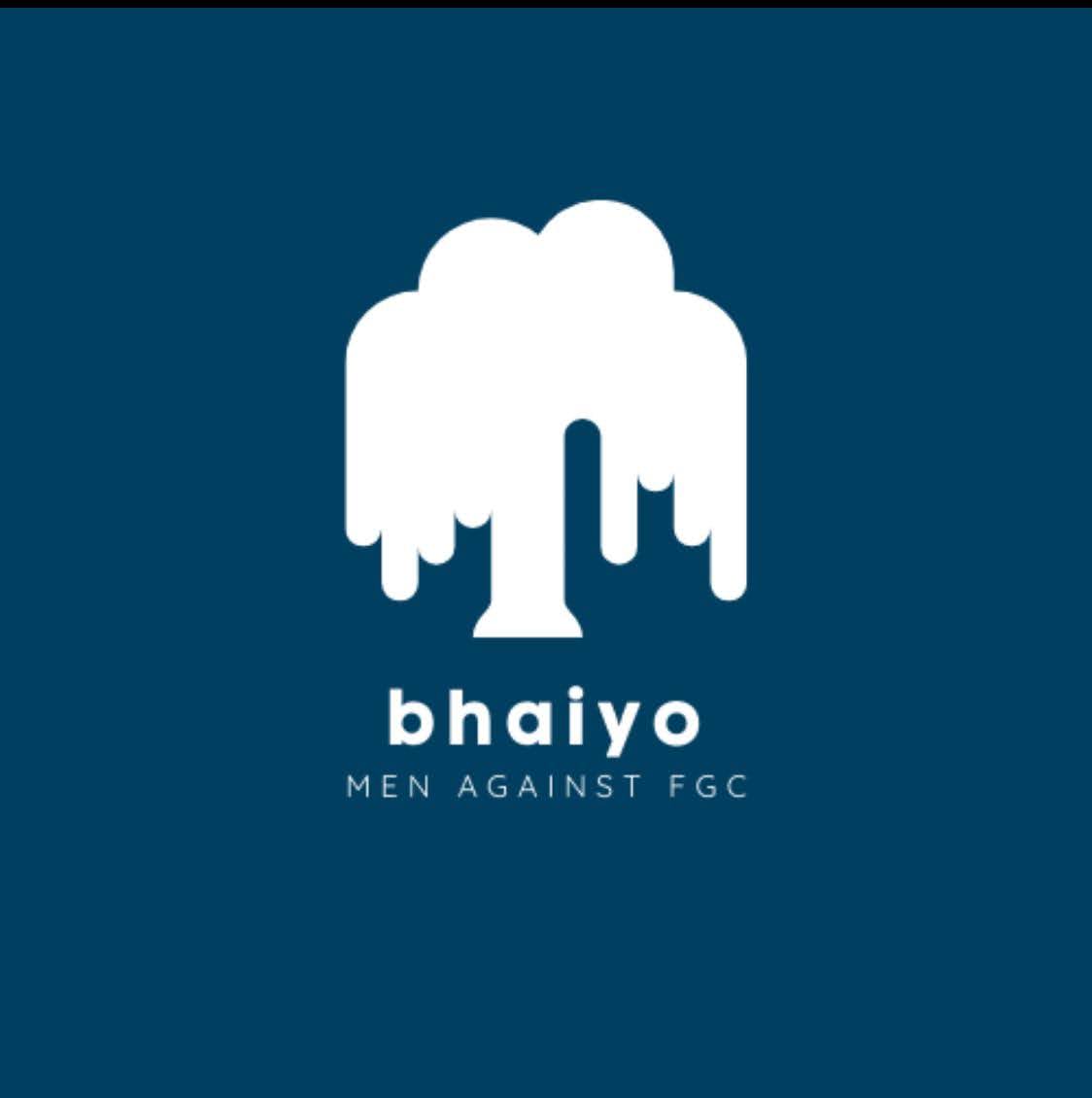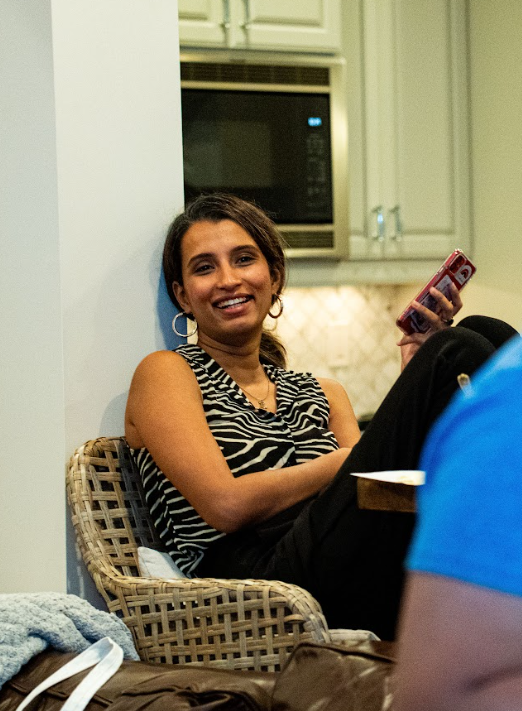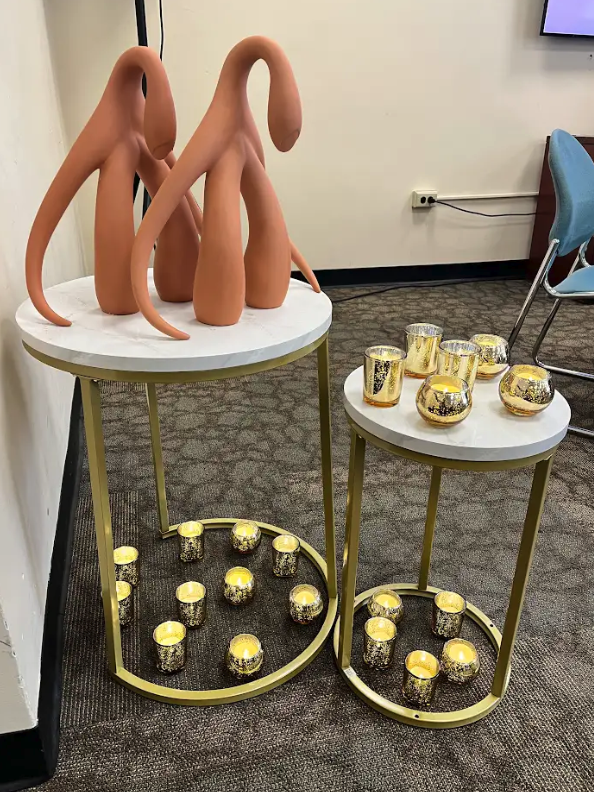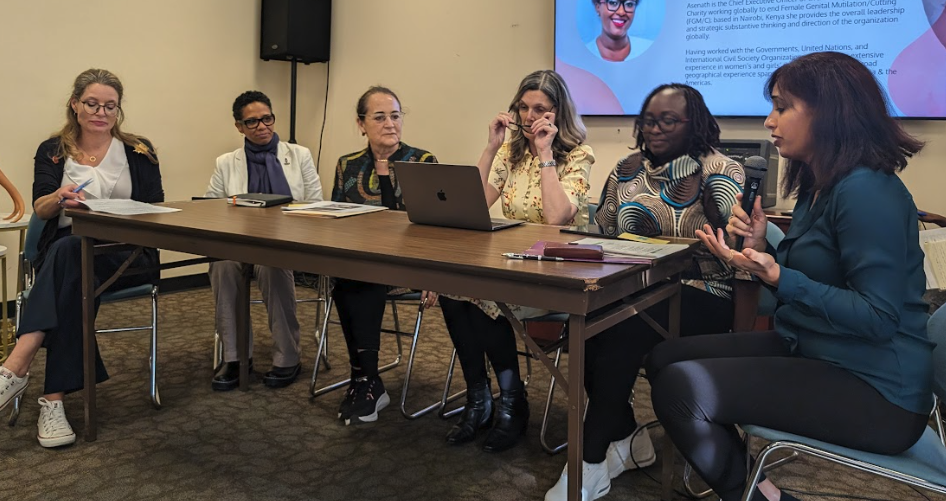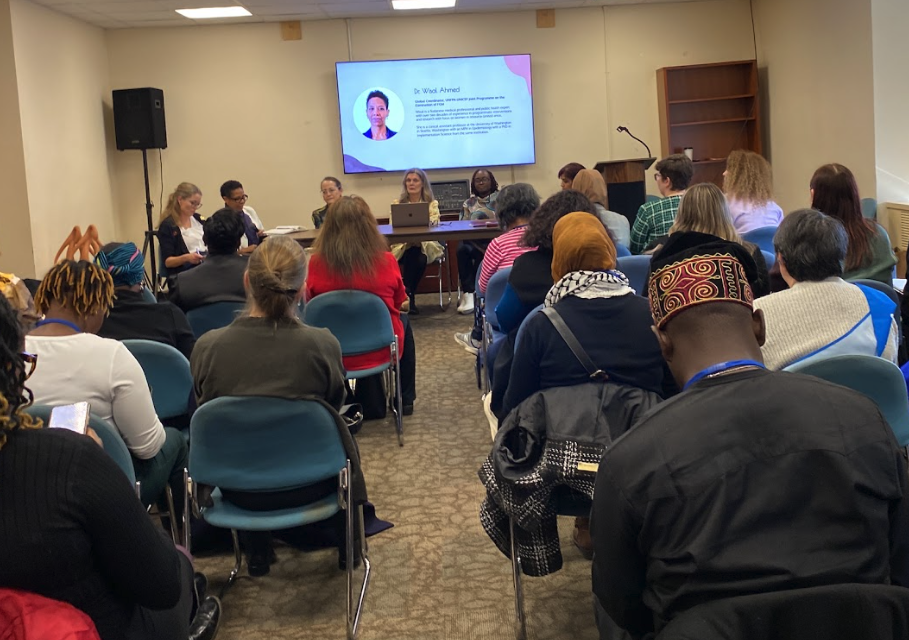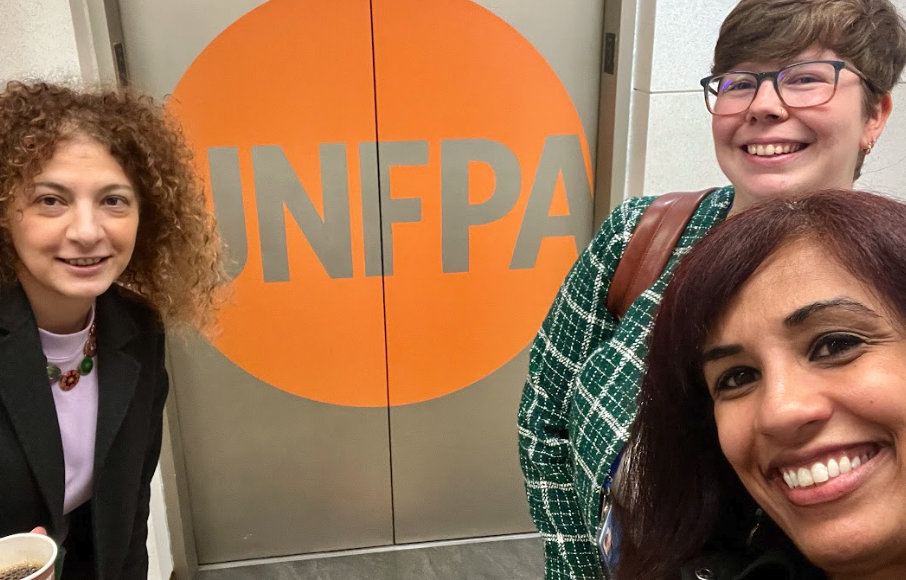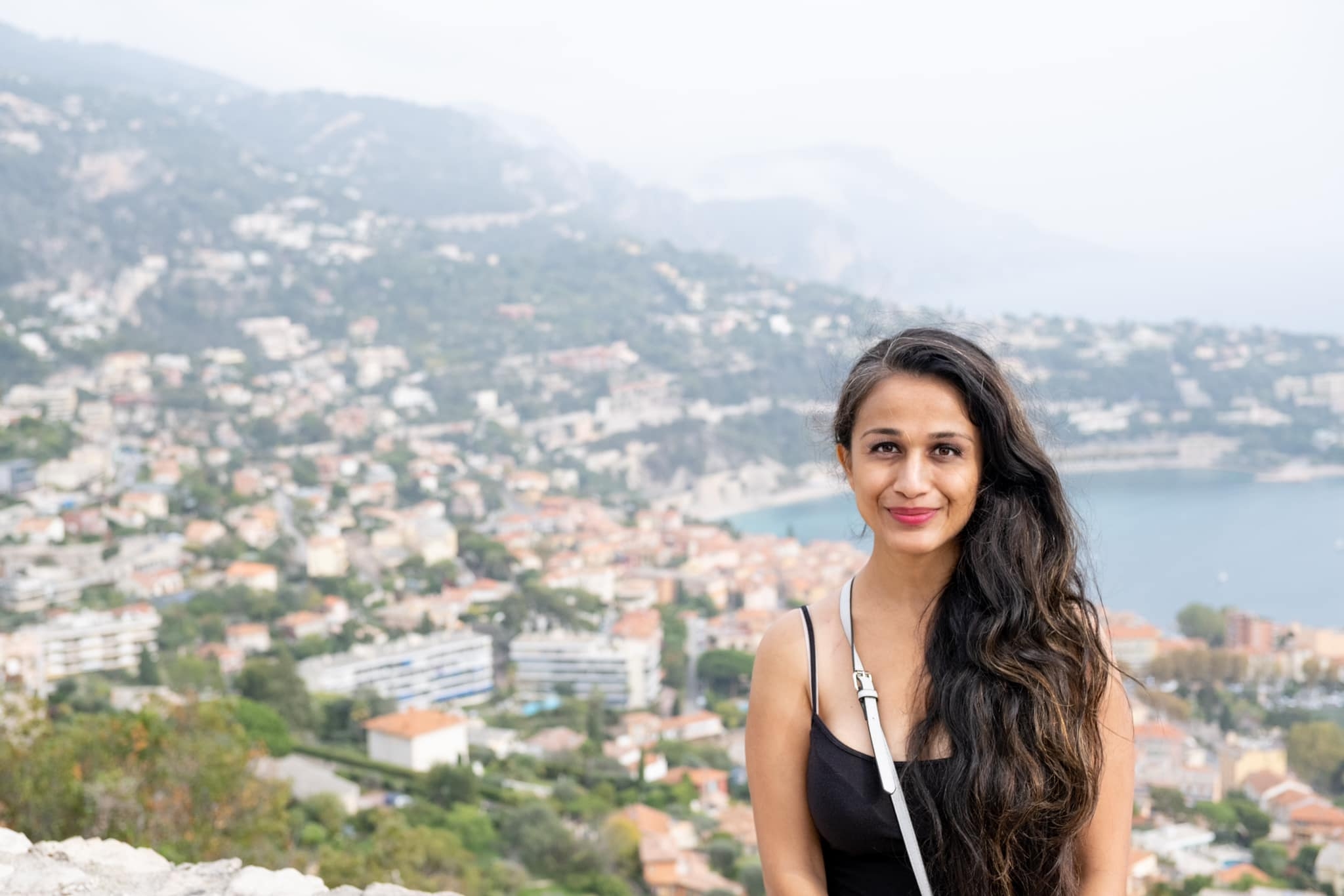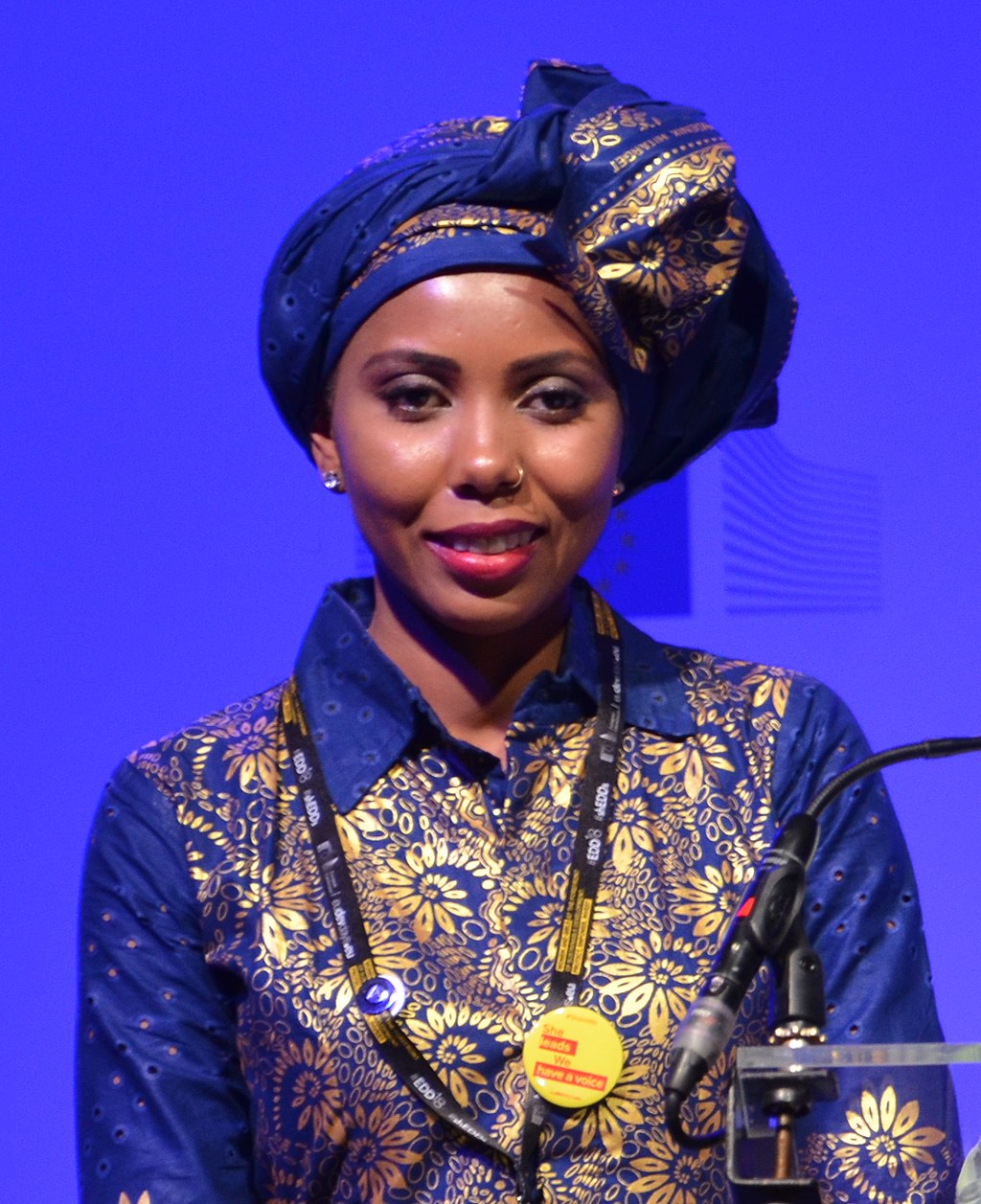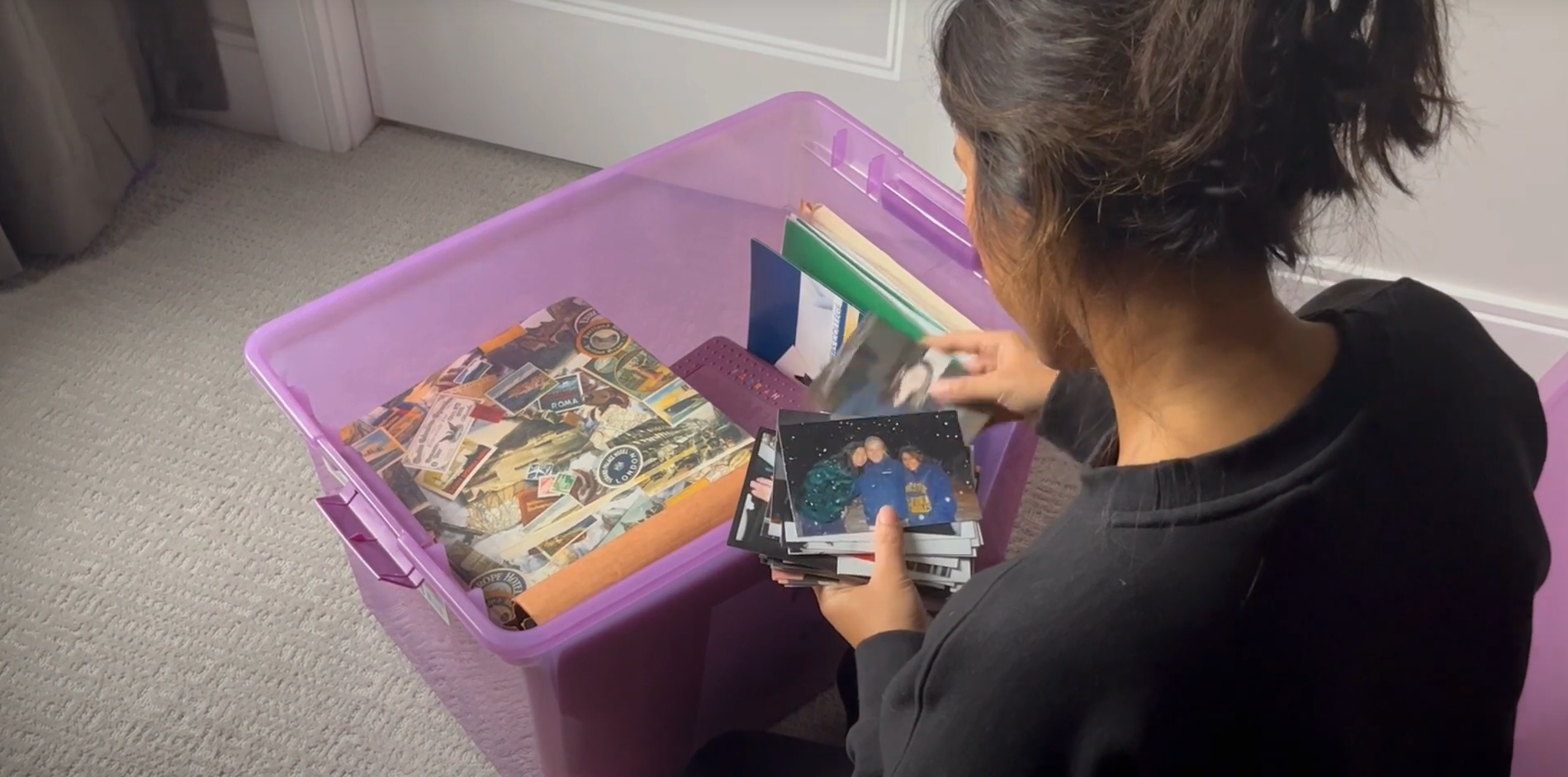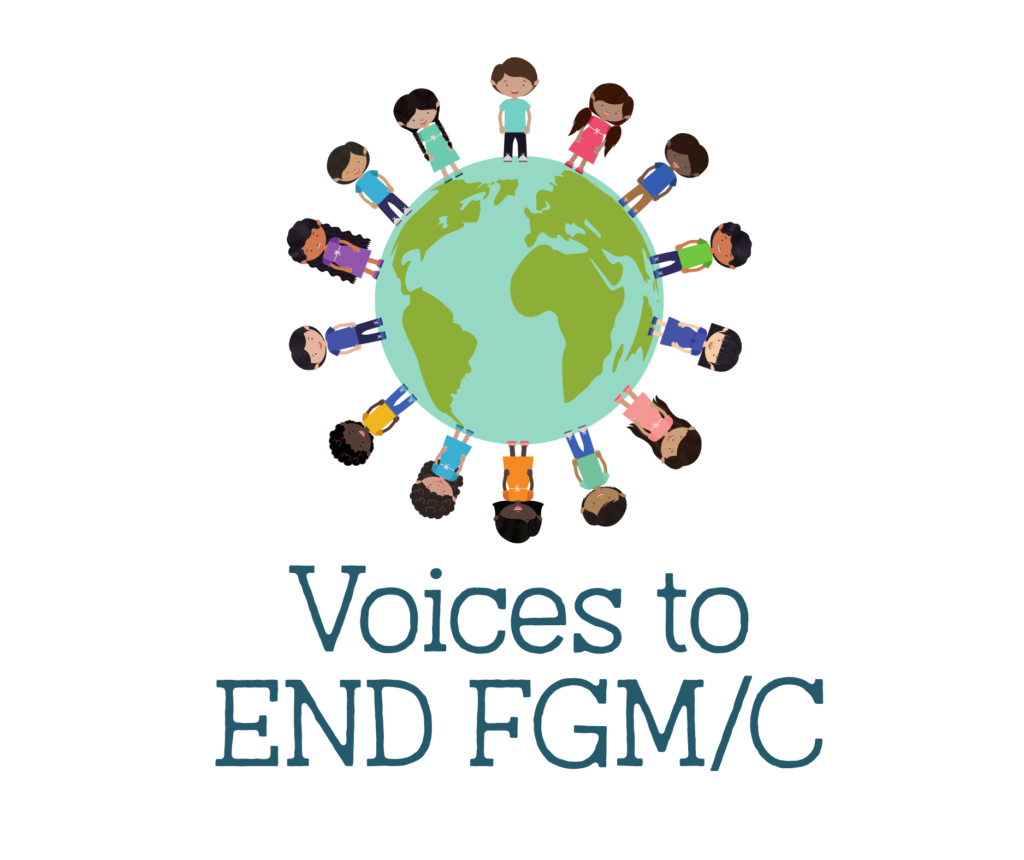In honor of Father’s Day 2024, Sahiyo’s male engagement program, Bhaiyo, is launching a public awareness campaign to uplift the importance of male voices and allies in ending female genital cutting or FGC. Recognizing that FGC is a community health issue – not just a woman’s issue – the movement to end FGC needs additional male voices and allies to bring this issue to the forefront.
This June, we’ll be holding a month-long campaign asking community members to share how they have raised the topic of FGC in conversation with men in their lives.
In order to help create safe, insightful, and positive conversations, we have provided a list of tools, questions, guidelines that can help you facilitate these conversations. Keep in mind you an apply many of these tips to conversations with others in your life as well, not just men.
1) Listening:
The simple act of genuinely listening to another person is powerful. Listen with your full attention, without judgment or assumptions.
Instead of giving advice or telling a person what to feel or do, be a sounding board and brainstorm options.
However, setting appropriate limits is important for effective communication. If someone is being hateful towards you, it is okay to not continue the conversation.
2) Sharing stories during conversations:
Storytelling can be intimidating for people who find it hard to believe they have any story worth sharing, especially if it’s about something personal, taboo, or hidden. Yet it's also empowering, supporting an individual’s ability to think through what it is she wants to say, whom she wants to say it to, and what she hopes will happen as a result, while retaining significant control over the use and distribution of her narrative.
As healing as it can be, though, it also comes with its own personal risks: a person may feel more vulnerable and alone after sharing, or might be shamed by others. Create the right conditions for somebody to feel safe to share their story with you and encourage them, but don't pressure them if they're not ready.
3) Continued conversations:
Social change takes time, and often we may experience that we don’t get the results that we want in one conversation. Therefore, it is important to take stock of what has occurred during the course of the conversation, and allow all parties involved some time and space to reflect on it.
However, do not let it be your last conversation. Change can only happen if we are constantly in dialogue with each other.
4) If you're talking to a man, consider initiating conversations with these questions:
- When did you first come to know about FGC?
- What is the role men can play in educating communities about FGC?
- How can brothers/fathers make an impact in these conversations about ending FGC?
- What message would you like to give to all the fathers and brothers out there about ending FGC?
We hope that this guide and list of questions will help you to have stimulating conversations that are enlightening and constructive.
For comments and inquiries about the campaign, please reach out to Samman Masud at This email address is being protected from spambots. You need JavaScript enabled to view it..
PS: Sahiyo will soon be launching a survey around male engagement on FGC during our June Father’s Day campaign. We’ll be sharing more information in the future about how to participate!
Related:

